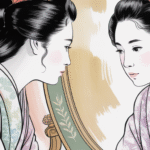
How NOT to be a Foreigner to Yourself
November 17, 2025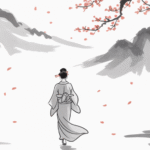
Beyond Reiki Shares and Circles
November 23, 2025Groundbreaking Historical Discovery: New documents from 1904 Taiwan archives reveal unprecedented details about the founder of the system of Reiki’s life, including his own handwritten CV—one of the most significant finds in 30 years of historical research.
A Historic Find
Researcher Min Wang uncovered these documents about Mikao Usui from Taiwan’s digital national archives. Among these treasures is Usui’s own handwritten curriculum vitae—providing firsthand documentation of his education and career.
These documents were created when Usui was hired in August 1904 (shortly before his 39th birthday) to serve on a committee investigating traditional Taiwanese customs under Japan’s colonial government.
💡 Why This Matters
- First primary source corroborating oral history that Usui worked for statesman Gotō Shinpei
- Handwritten by Usui himself – his own account of his education and career
- Corroborates multiple sources – validates details from his memorial stone, Hawayo Takata’s accounts, and Gakkai documents
- Fills in the gaps of what Usui did before founding Usui Reiki Ryoho in the 1920s
Timeline: Mikao Usui as a Young Man (1885-1904)
From his handwritten CV, we now know the detailed path of Usui’s education and career:
Monthly salary: 7 yen
Monthly salary: 15 yen
Now Taisei High School
Studied psychology under Dr. Motora Yūjirō, one of Japan’s first experimental psychologists (later became first chair of psychology at Tokyo Imperial University)
Note: Allowed to skip first year based on merit of earlier studies
Institution remains under investigation
Monthly salary: 75 USD
Annual salary: 300 USD
Likely run by the same women’s missionary society
Monthly salary: 50 yen
Key Insights: A Portrait Emerges
🎓 Exceptional Scholar
Studied classical Chinese, psychology with pioneers in the field, English, and law. Was allowed to skip first year of law school based on academic merit.
🌍 International Experience
Lived and worked in San Francisco for two years. Studied at American institutions and worked with American missionaries.
👨🏫 Educator & Founder
Founded his own school, taught at multiple institutions, worked with missionary schools in Tokyo’s most neglected neighborhoods.
🔬 Psychology Pioneer
Studied under Dr. Motora Yūjirō, one of Japan’s first experimental psychologists, both in Japan and possibly in America.
📜 Corroboration with Memorial Stone
The memorial stone at Usui’s grave states: “As a youth, he studied hard and surpassed his peers. When he became older, he traveled to the West, and studied in China… He liked to read, ranging from history, biographies, medical texts, and Buddhist and Christian scriptures. He was well-versed in every art, including psychology…”
The CV confirms: Study of classical Chinese ✓, Study of psychology ✓, Travel to the West ✓, Superior academic achievement ✓
📄 Corroboration with Reiki ryōhō no shiori (1974)
This Gakkai text states that Usui “studied hard in his youth, including several periods of study abroad in the West. He also gained various life experiences professionally, working as a public servant, a company employee, a newspaper reporter, a missionary, a teacher, and a businessman.”
The CV confirms: Public servant ✓, Company employee ✓, Missionary work ✓, Teacher ✓, Study abroad ✓
🗣️ Corroboration with Hawayo Takata’s Story
While Takata’s recordings mention Usui as “principal of Doshisha University in Kyoto,” her written accounts by Helen Haberly and Fran Brown state more modestly that Usui was “the head of a Christian boy’s school” in Japan.
The CV reveals: Usui was indeed the founding director of missionary schools in Tokyo’s Fukagawa district, providing a basis for this tradition ✓
The Missionary School Connection
One particularly intriguing discovery is Usui’s work with American Christian missionaries. The CV shows he helped establish schools in Fukagawa—considered a slum at the time—working with what was likely the Women’s Foreign Missionary Society for the Methodist Episcopal Church.
The society’s appropriations for the Fukagawa Day School in 1900-01 were $400 USD, while Usui reported an annual salary of $300—suggesting he was the primary employee and director of this charitable educational work.
🙏 Research Credit
This blog post is based entirely on research and writing by Justin B. Stein, who synthesized and analyzed the groundbreaking discoveries made by Min Wang, Umi Chien, and Yu Hsuan in Taiwan’s national archives.
The discovery of these 1904 documents—particularly Usui’s handwritten CV—represents one of the most important findings in the three decades of scholarly research into Mikao Usui’s life and the origins of the system of Reiki.
🔍 Ongoing Research
This discovery opens new avenues for investigation:
- What institution was the “American Hocking/Hawking School” where Usui studied psychology?
- What additional details exist in missionary society archives about Usui’s work?
- What other documents from Usui’s four years in Taiwan might be discovered?
- How did these diverse experiences shape the development of Usui Reiki Ryōhō in the 1920s?
You can read the original historical news from Min Wang on this webpage.
Justin B. Stein’s Facebook page with the original post this visual was interpreted from can be found here.
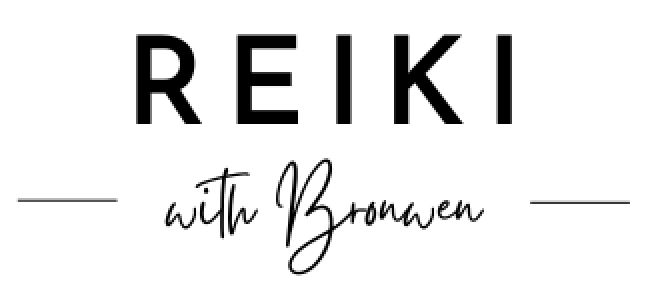
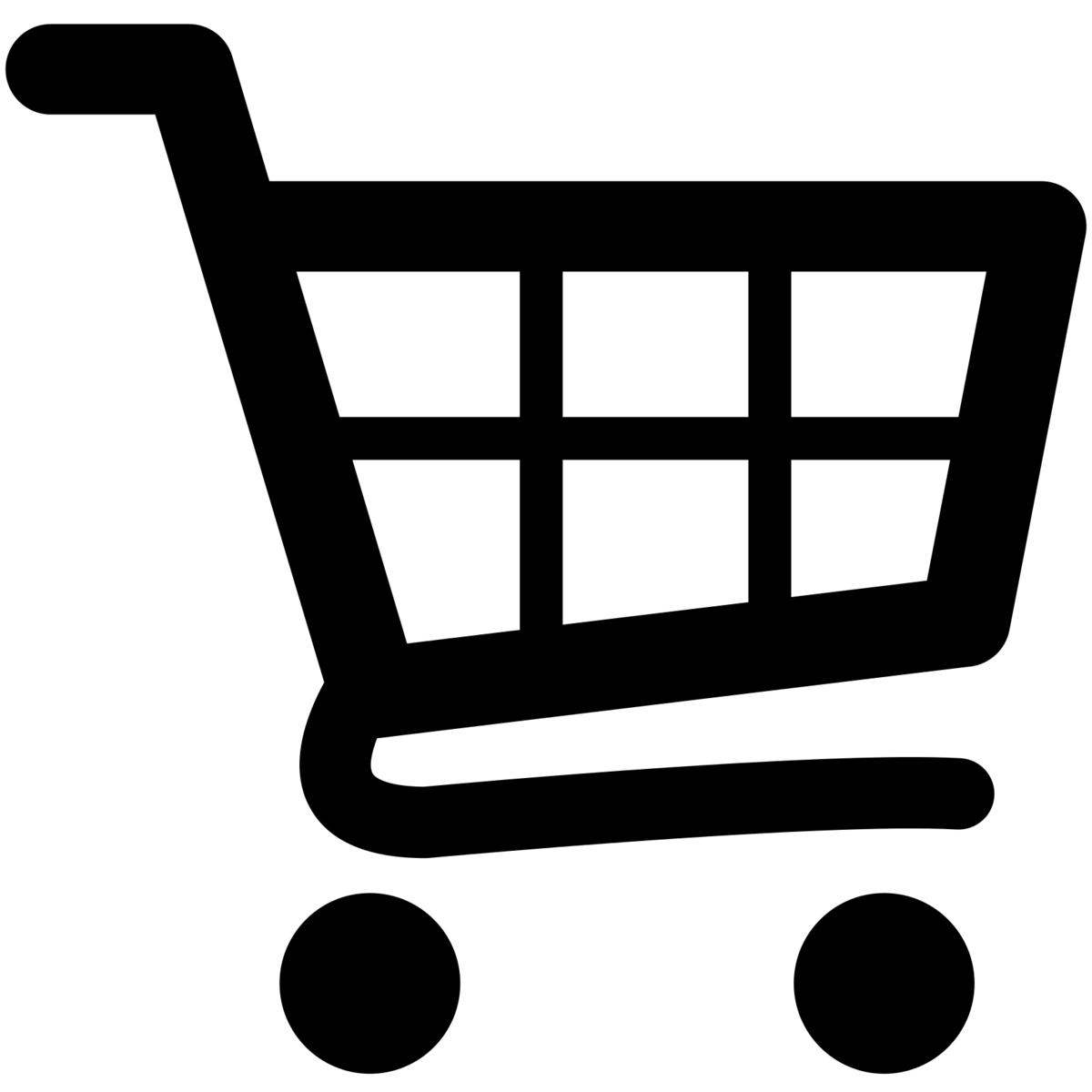
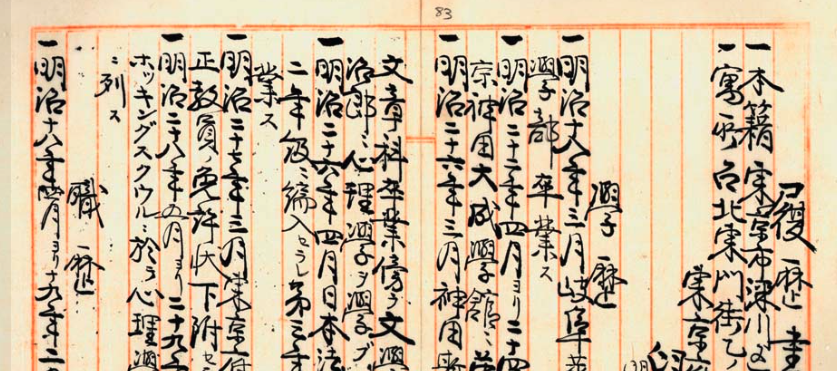
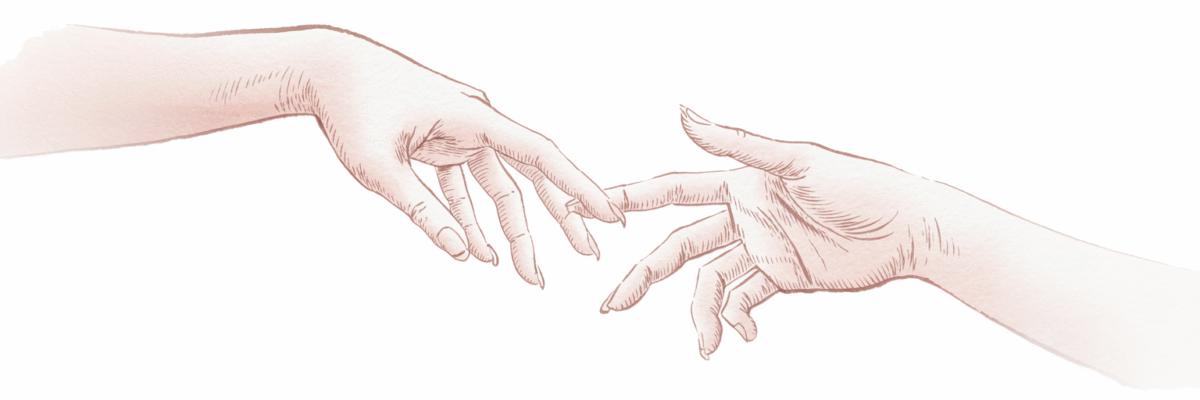

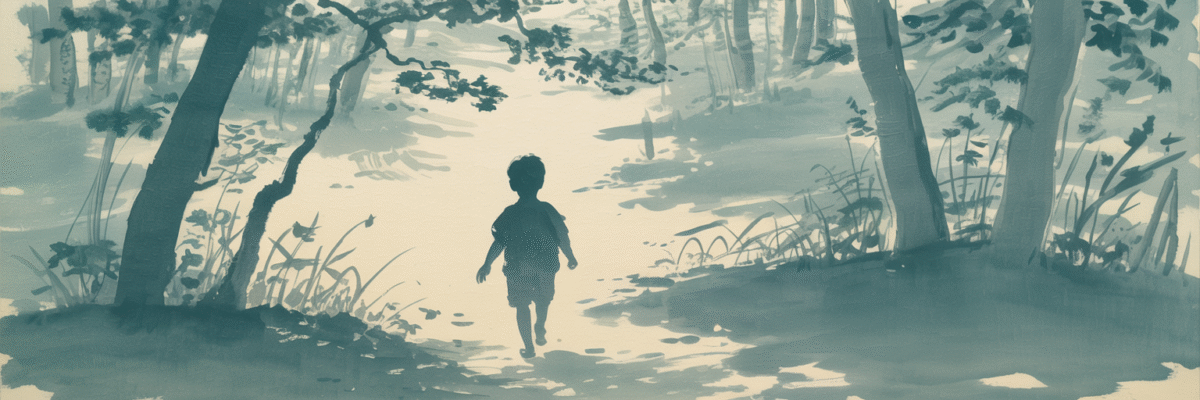
6 Comments
Thank you for your clear and concise outline of this new information! Looks like the Reiki Sourcebook timeline will need at 3rd edition long before the 40th anniversary!
40th Anniversary! I may be getting a bit long in the tooth (as they say – if I still have them!) by that time :-).
So cool! Well done, Bronwen! (And Usui.)
Glad you liked it Nancy!
Thank you for sharing this Bronwyn, such interesting information!
Hi Rose – I love that there is still information being unearthed.